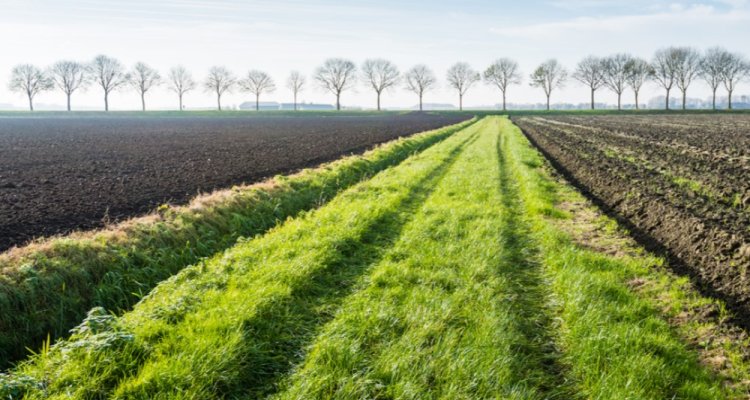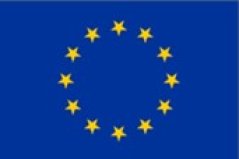
Project
Modelling the effects of bio-based fertilizers use on air and surface water pollution at basin and European scales
Agricultural activities led to considerable nutrient losses to the environment causing pollution. Upcycling organic waste is one of the promising options to produce renewable bio-based fertilizers. However, the environmental impacts thereof are not completely known.
Introduction
The EU Green Deal’s “Farm-to-Fork Strategy” has two significant ambitions on reducing fertilizer (mineral and organic) use by 20% and nutrient losses by 50% in 2030 ensuring the soil fertility. In the Circular Economy Package, the European Commission (EC) proposed to find solutions to convert organic wastes into high quality fertilizers in terms of performance and impacts (i.e. health, environmental and agronomic). Upcycling organic waste (e.g., agricultural waste) is among the most promising options to produce renewable bio-based fertilizers, reducing waste production and contributing to circular economy. However, the production process and application might also have negative effects on air and water quality. Although there are some application examples in literature, their environmental impacts are not well studied yet.
Project description
The objective of my study is to assess the effects of bio-based fertilizer use on air and water pollution at basin (catchment) and European scales, and to explore mitigation options. To this end, a new MARINA-Nutrients model for Europe has been developed by linking an agricultural (MITERRA-Europe) and a water quality (MARINA) model (see our publication at the bottom of the page). The new MARINA-Nutrients model for Europe calculates nitrogen emissions to air (e.g., NH3, N2O) from agriculture, and nitrogen and phosphorus losses to surface waters from agricultural and non-agricultural (e.g., sewage systems, natural) sources in Europe (Water and air sources - WUR). The new model has also been applied to estimate the future nutrient inputs to rivers and coastal waters of Europe under global change. Currently, the integration of bio-based fertilizers produced from animal manure processing is in progress. Finally, mitigation options will be evaluated to diminish the nutrient losses mainly from agriculture in European river basins. This PhD project is under the Marie Sklodowska-Curie ITN FertiCycle: New bio-based fertilizers from organic waste upcycling Project.
Publications
https://journal.hep.com.cn/fase/EN/10.15302/J-FASE-2023526.
More information
https://plen.ku.dk/english/research/plant_soil/sf/research-projects/ferticycle/

This project has received funding from the European Union's Horizon 2020 research and innovation programme under grant agreement No. 860127